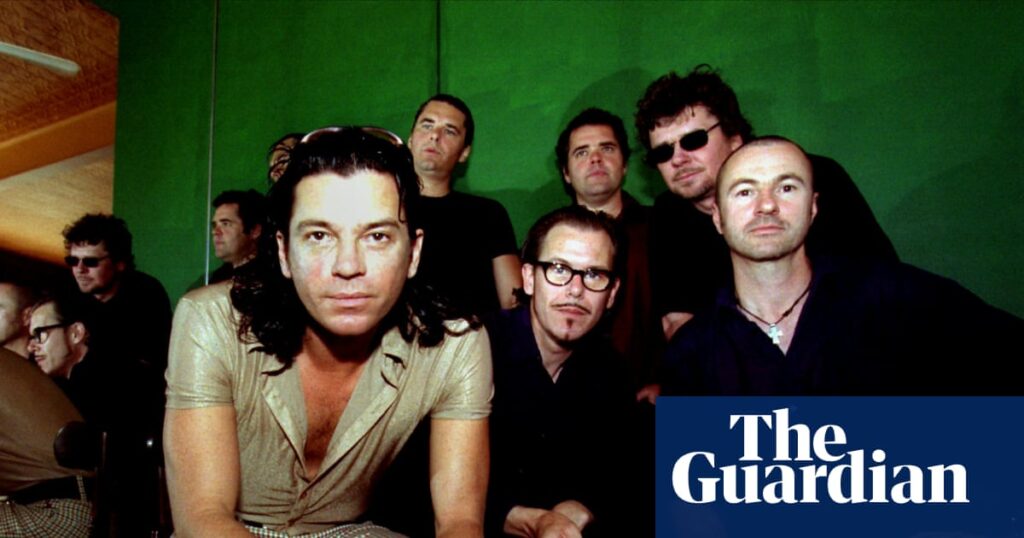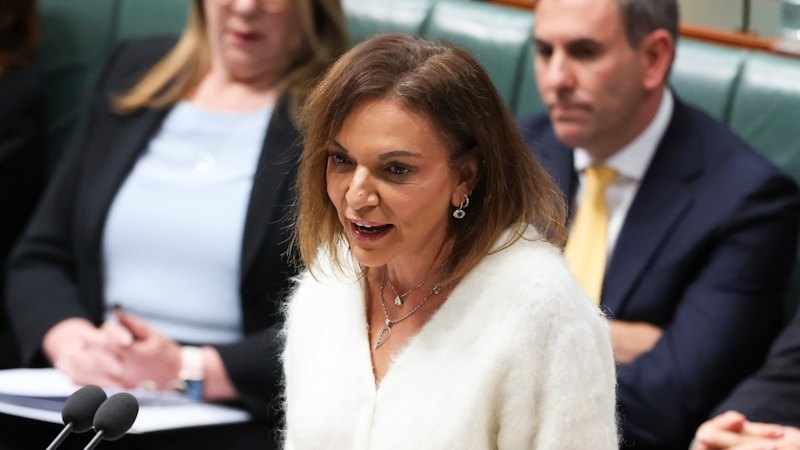
Never Tear Us Apart by INXS has been crowned the best Australian song of all time in Triple J’s latest poll, celebrating the nation’s favorite homegrown hits. The 1987 classic topped the Hottest 100 of Australian Songs, a special edition of the broadcaster’s annual countdown, which aired on Saturday and was open to Australian releases from any era.
The iconic ballad, penned by frontman Michael Hutchence, achieved global success, charting across the US, UK, and Europe, as well as dominating the Australian music scene. Known for its haunting melody and Hutchence’s emotive vocals, Never Tear Us Apart remains a standout in INXS’s extensive catalog. The band also saw their hit Need You Tonight secure a spot at number 59 in the poll.
Celebrating Australian Music: A Diverse Top Five
Following INXS, the Hilltop Hoods claimed second place with their 2013 single The Nosebleed Section, a track that achieved 10 times platinum status in Australia. The top five was completed by The Veronicas’ Untouched in third, Missy Higgins’s breakout hit Scar in fourth, and Crowded House’s enduring anthem Don’t Dream It’s Over in fifth. The latter track continues to spark debate over the band’s dual Australian and New Zealand heritage.
While the top 10 featured tracks from the 1970s through the 1990s, the 2000s emerged as the most represented decade overall. Cold Chisel, Powderfinger, Paul Kelly, and Gotye also made notable appearances, highlighting the rich tapestry of Australian music.
Reflecting on the Current State of Australian Music
The announcement of the Hottest 100 of Australian Songs follows January’s Hottest 100, which saw only 29 Australian acts featured, a stark contrast to previous years when local artists typically comprised over half of the list. This shift has prompted introspection within Triple J, a station tasked with supporting Australian music.
Lachlan Macara, head of Triple J, acknowledged the challenges posed by the evolving music industry, where social media and streaming platforms dominate. “What I hear from Australian artists is that it can be a real challenge to cut through the algorithm,” Macara stated. “But we’ll keep playing our part in supporting Australian artists and try to give them a chance to reach the wide audiences they deserve.”
“I think there’s a chance to have a wider conversation about how we can all support Australian music,” Macara added.
Public and Political Engagement
The poll garnered over 2.65 million votes, making it the fourth-largest Hottest 100 in Triple J’s history. It resonated particularly with millennials and Gen Xers, many of whom shared their votes on social media platforms like Instagram. However, the 18 to 29-year-old demographic remained the most active participants.
Australian artist Ben Lee was among those voicing concerns about the poll’s implications. On Instagram, Lee suggested that the Hottest 100 should exclusively feature Australian songs to better foster local talent. “I can’t help but feel that this initiative — the Hottest 100 of Australian songs — is a bit of a band-aid for a deeper conversation we need to be having,” he remarked.
“In the Hottest 100 every year, it should only be eligible to vote for Australian songs. There’s enough platforms around the world for international music,” Lee proposed.
Lee’s 1999 hit Cigarettes Will Kill You ranked at number 83 in the poll.
Looking Forward: The Future of Australian Music
Among those who shared their selections was Prime Minister Anthony Albanese, whose list included Beds Are Burning by Midnight Oil, a powerful protest song about Aboriginal land rights, which landed at number 18. Albanese also favored Paul Kelly’s How To Make Gravy, which placed prominently in the poll.
The success of the Hottest 100 of Australian Songs underscores the enduring appeal of Australian music and the importance of supporting local artists in an increasingly globalized industry. As Triple J and its audience continue to navigate these challenges, the conversation around the role of Australian music in the cultural landscape is poised to evolve.





